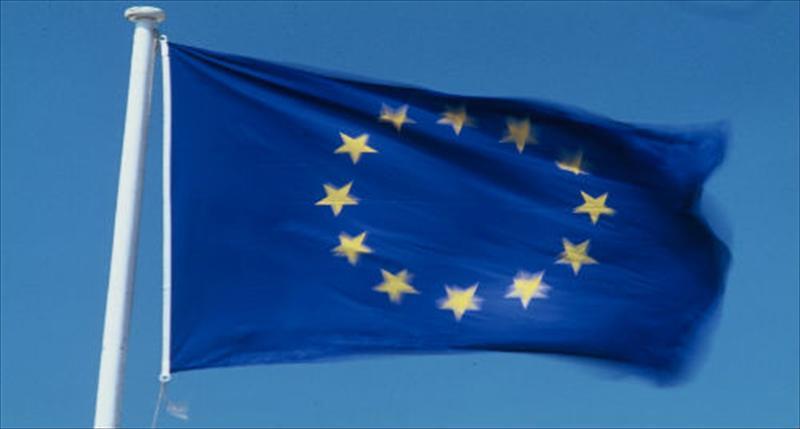The 2013-2014 European Commission Enlargement Strategy proposed a new approach to first help enlargement countries to tackle economic fundamentals and help them meet the economic criteria.
The new approach implies a change in the dialogue and improved reporting in order to give clearer guidance on the reforms needed to support long-term growth and competitiveness.
Novelties in the approach to economic governance
The countries are invited to enhance economic policy and its governance through the preparation of annual National Economic Reform Programmes and bi-annual Competitiveness and Growth Programmes. Reforms addressed in these documents will be underpinned by IPA assistance.
- Macro-economic and fiscal programmes, as well as macroeconomic structural reforms, will be addressed through National Economic Reform Programmes that will be based on and replace the existing Pre-Accession Economic Programmes (PEP) for candidate countries and Economic and Fiscal Programmes (EFP) for potential candidates and extended also to include Kosovo. To strengthen surveillance, the process of evaluation will result in more targeted policy guidance through country-specific recommendations.
- The countries will also be asked to develop Competitiveness and Growth Programmes. These strategies will be prepared following the macroeconomic and fiscal programmes, and will cover sectoral reforms (such as transport, energy, education, environment, research, industry, competition, internal market), which underpin competitiveness. The Commission will use its autumn Progress Reports to assess these programmes and give clear guidance on the reforms needed for achieving further progress in fostering competitiveness.
Furthermore, public administration reform in the countries needs to be supported and the capacities of the tax collection improved. The Commission will engage in a new dialogue on public financial management with the countries, which will, inter alia, support progress towards meeting the economic criteria and is a pre-condition for using IPA funds in the form of budget support. These countries will need to draw up action plans in this field, which will be monitored by the Commission.
National Economic Reform Programmes
Challenges related to the medium-term macro-economic and fiscal policy will be dealt with through a framework based on the existing multilateral surveillance. The cycle will start in January with the submission by the countries of the National Economic Reform Programmes to the Commission. These programmes will be an expanded version of the existing PEPs and EFPs with an increased focus on assessing external sustainability and structural obstacles to growth. These programmes will then be subject to a peer review, which will establish country-specific recommendations. Implementation of country-specific recommendations will be subject to an annual cycle of stock-taking and progress review. Progress in implementing these recommendations will be comprehensively reviewed in the next year’s rounds of the National Economic Reform Programme assessments and will also be reflected, as appropriate, in the annual Progress Reports.
Competitiveness and Growth Programmes
Challenges related to competitiveness and sector specific reforms will be addressed in the Competitiveness and Growth Programmes that will be submitted by the countries every second year starting in 2015. These programmes will be built on the National Economic Reform Programmes and will identify the sectors of most concern for improved competitiveness and growth in the individual countries. They will also address infrastructure investment needs in the respective sectors and the relationship between the rule of law and the business environment. The Commission’s assessment of the programmes and recommendations will be reflected in the autumn Progress Reports that will give clear recommendations on the reforms needed.
IPA support to economic governance 2014-2020
Dedicated technical assistance is needed to help support the implementation of this approach. The implementation of country-specific recommendations will have to be rapidly supported by targeted and concrete IPA projects to improve economic governance. IPA Country and Multi-country Strategy Papers 2014-2020 will reflect the importance of economic governance and will allocate indicative funds to this aim. Concrete IPA projects, from national and multi-country envelopes, will be prepared in the course of 2014 and will be fully rolled out as of 2015.




